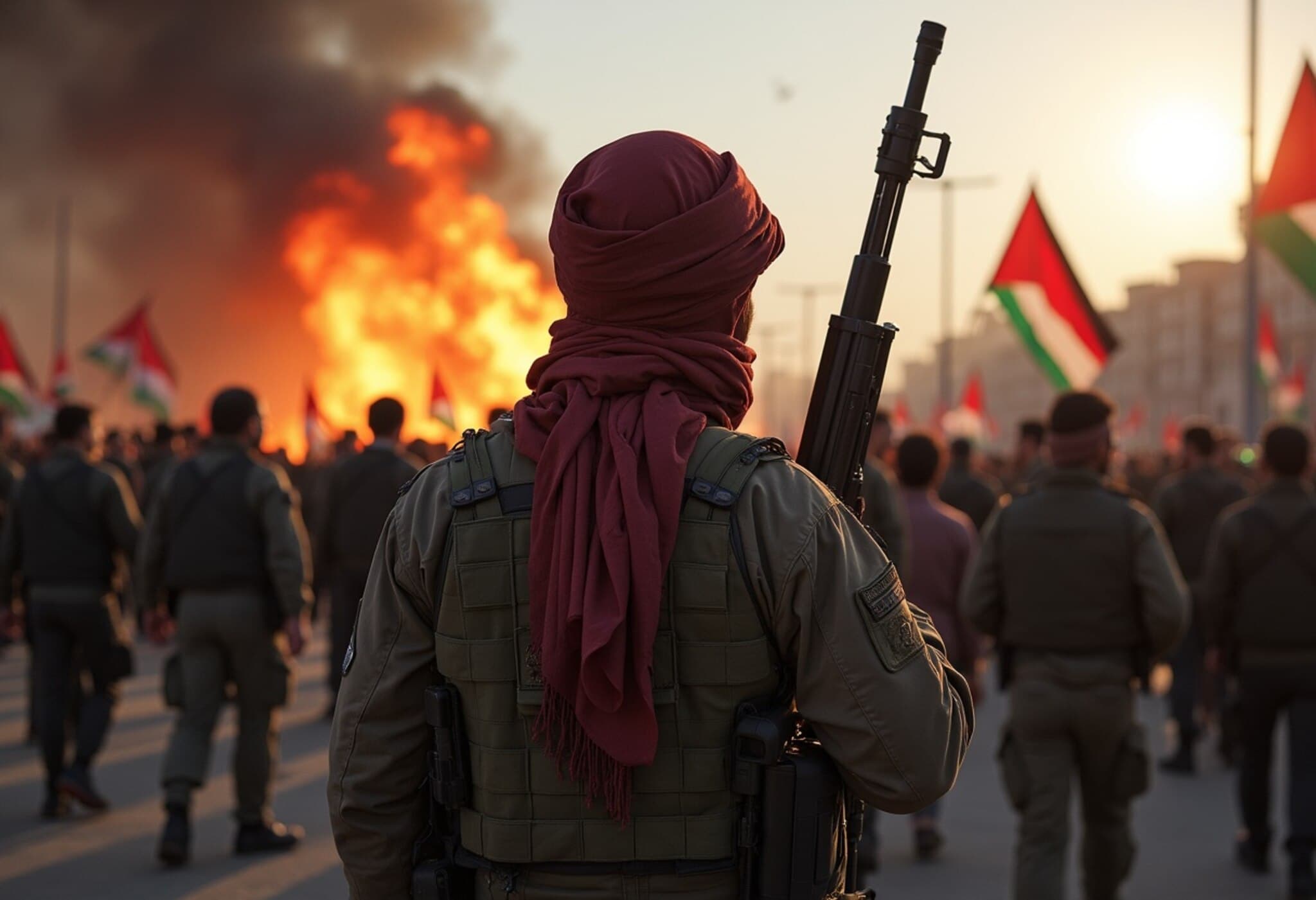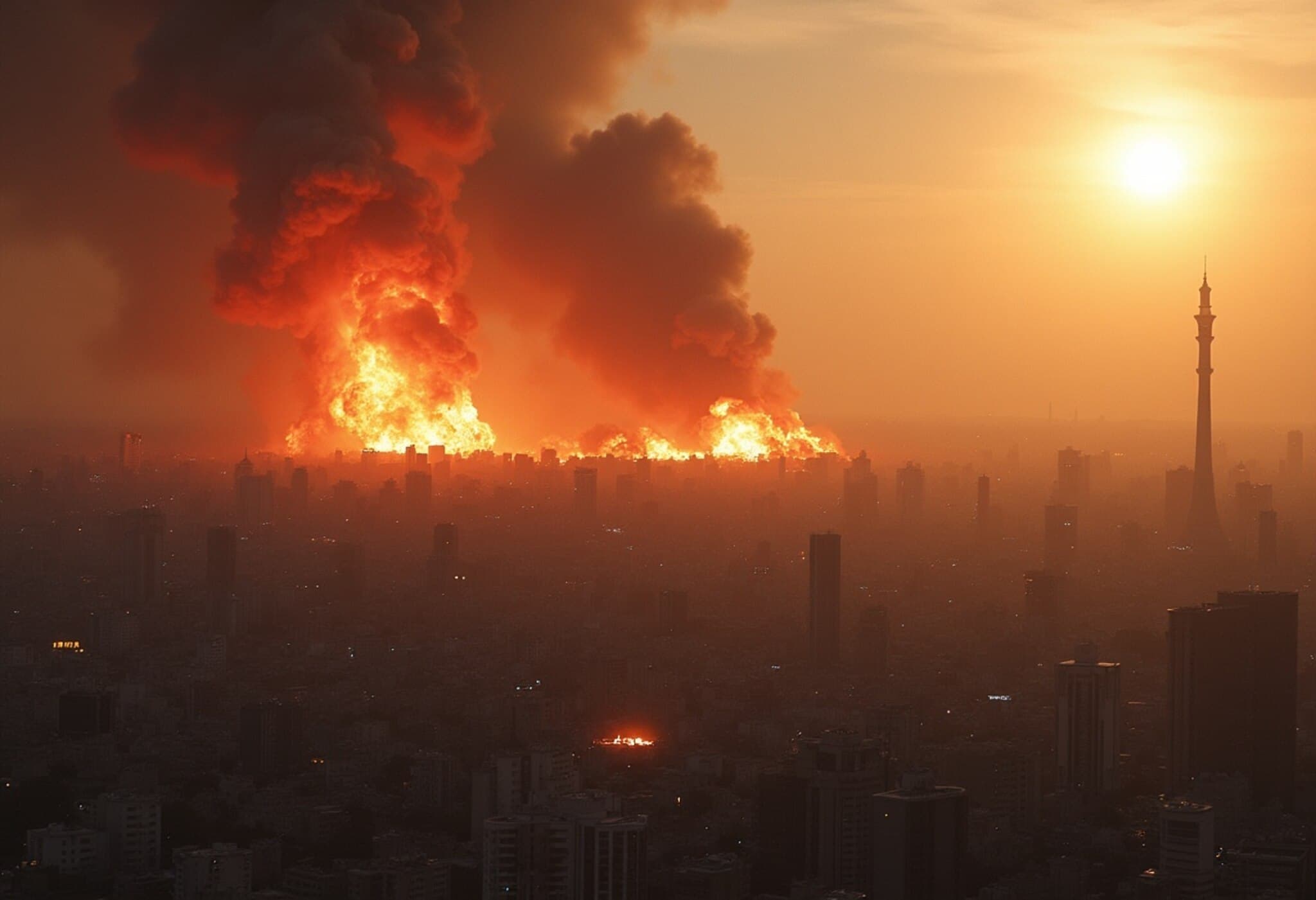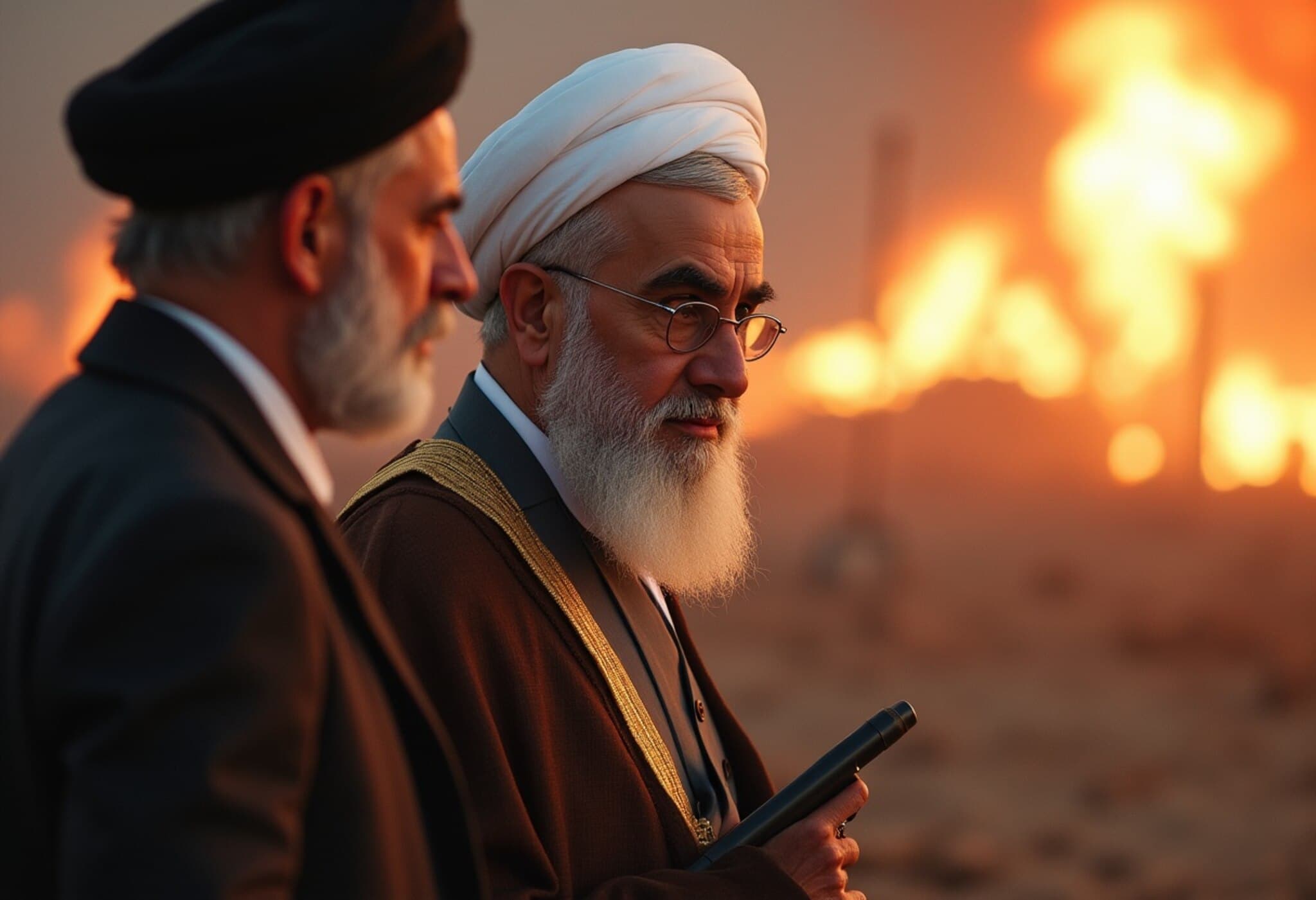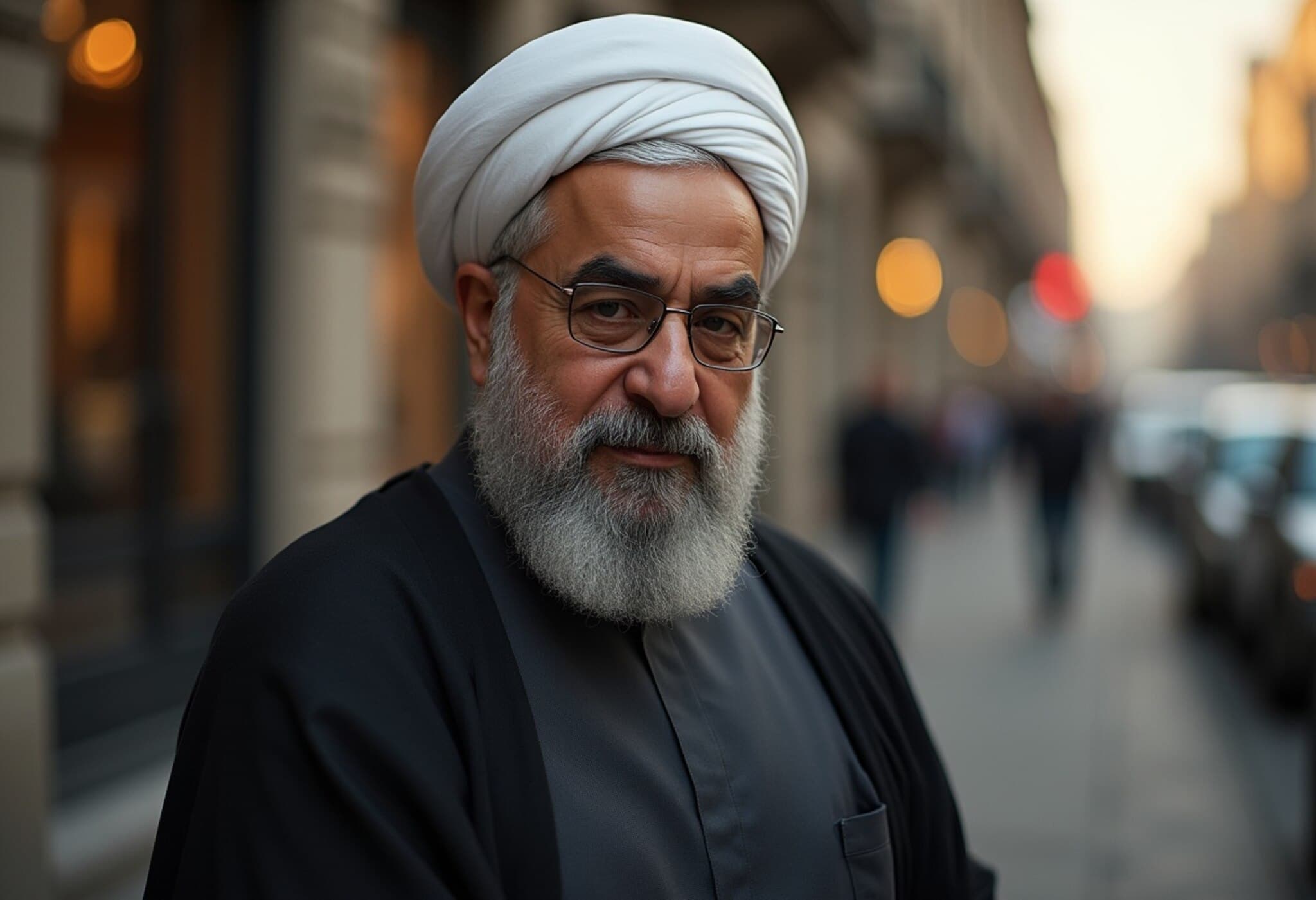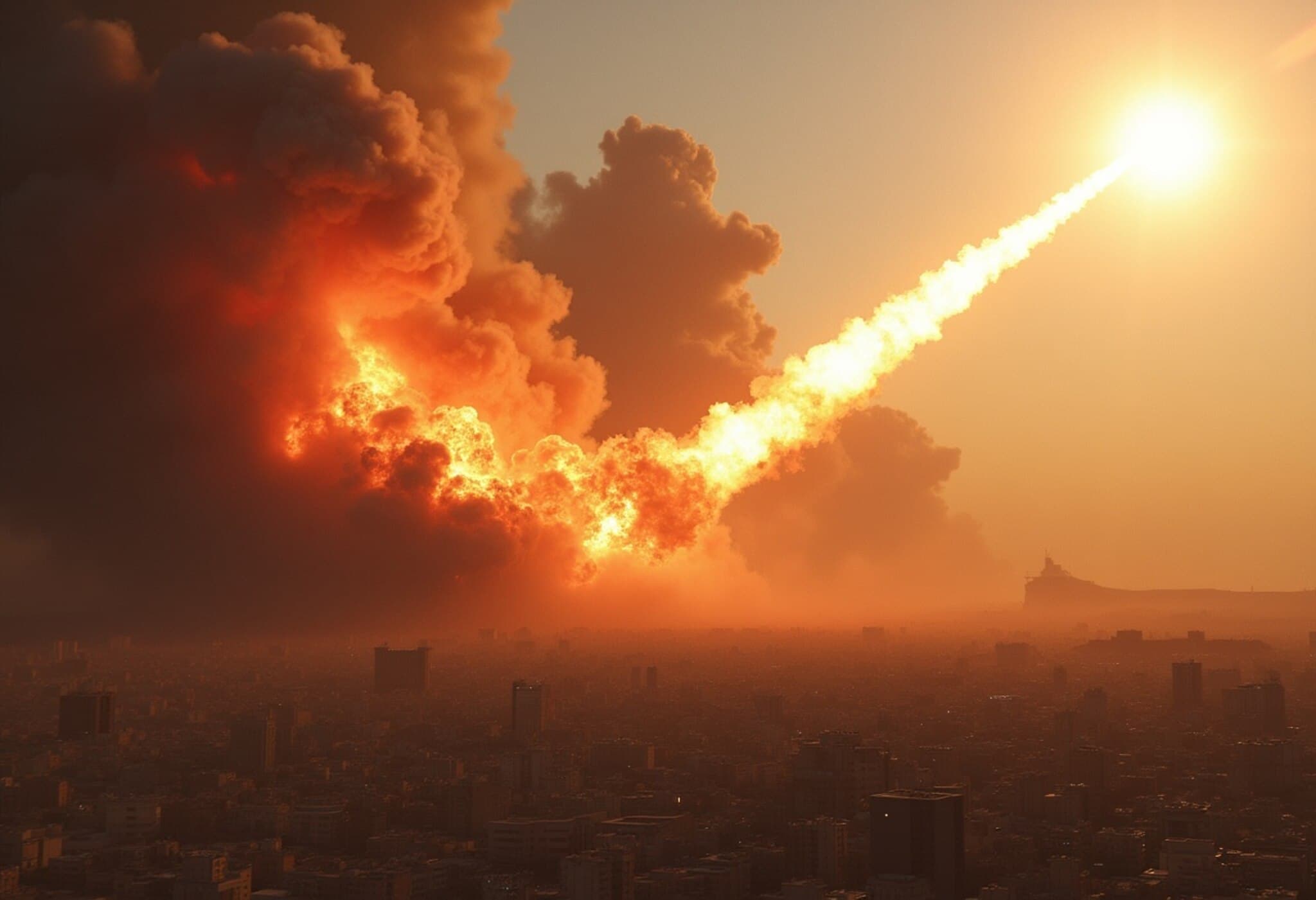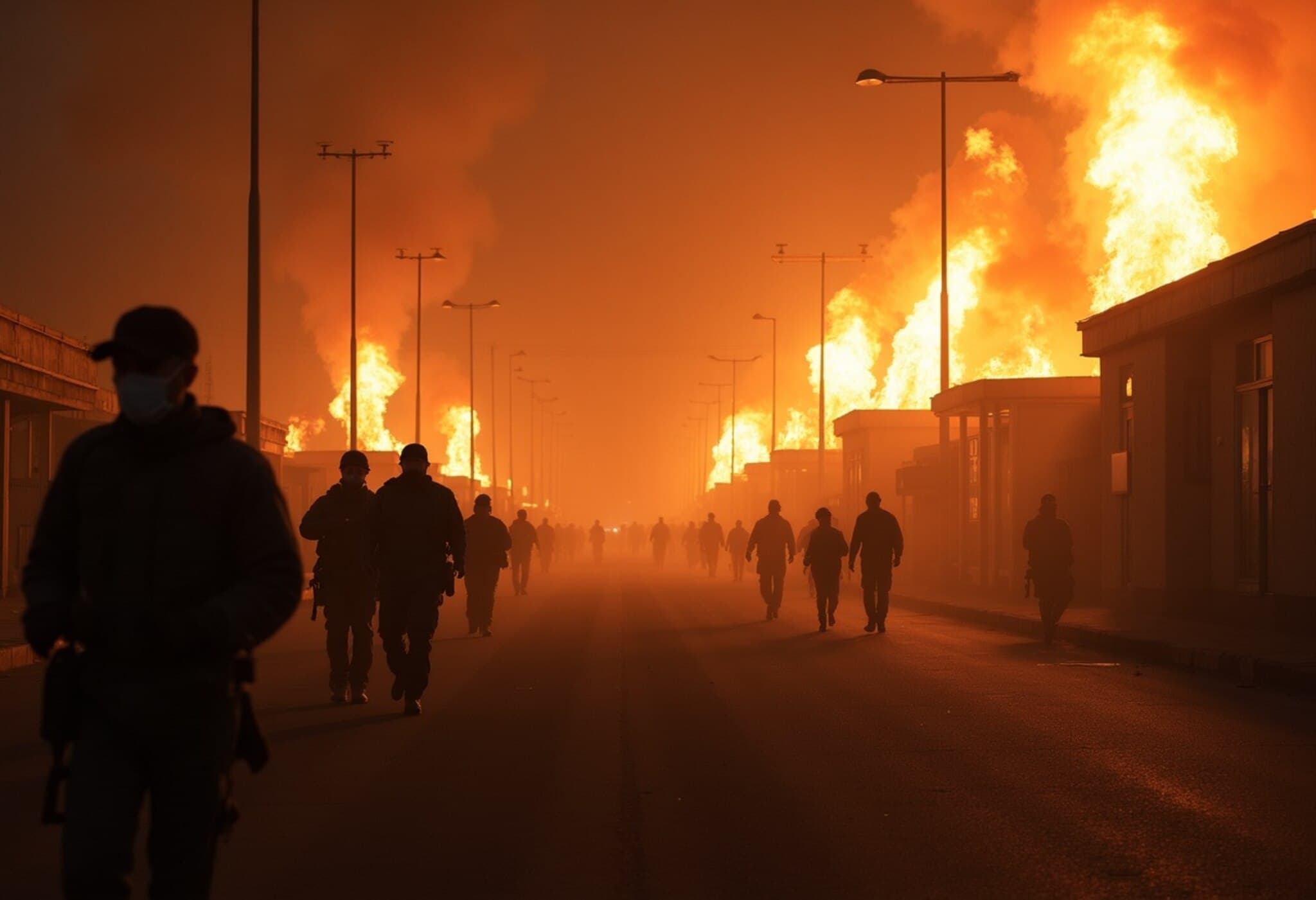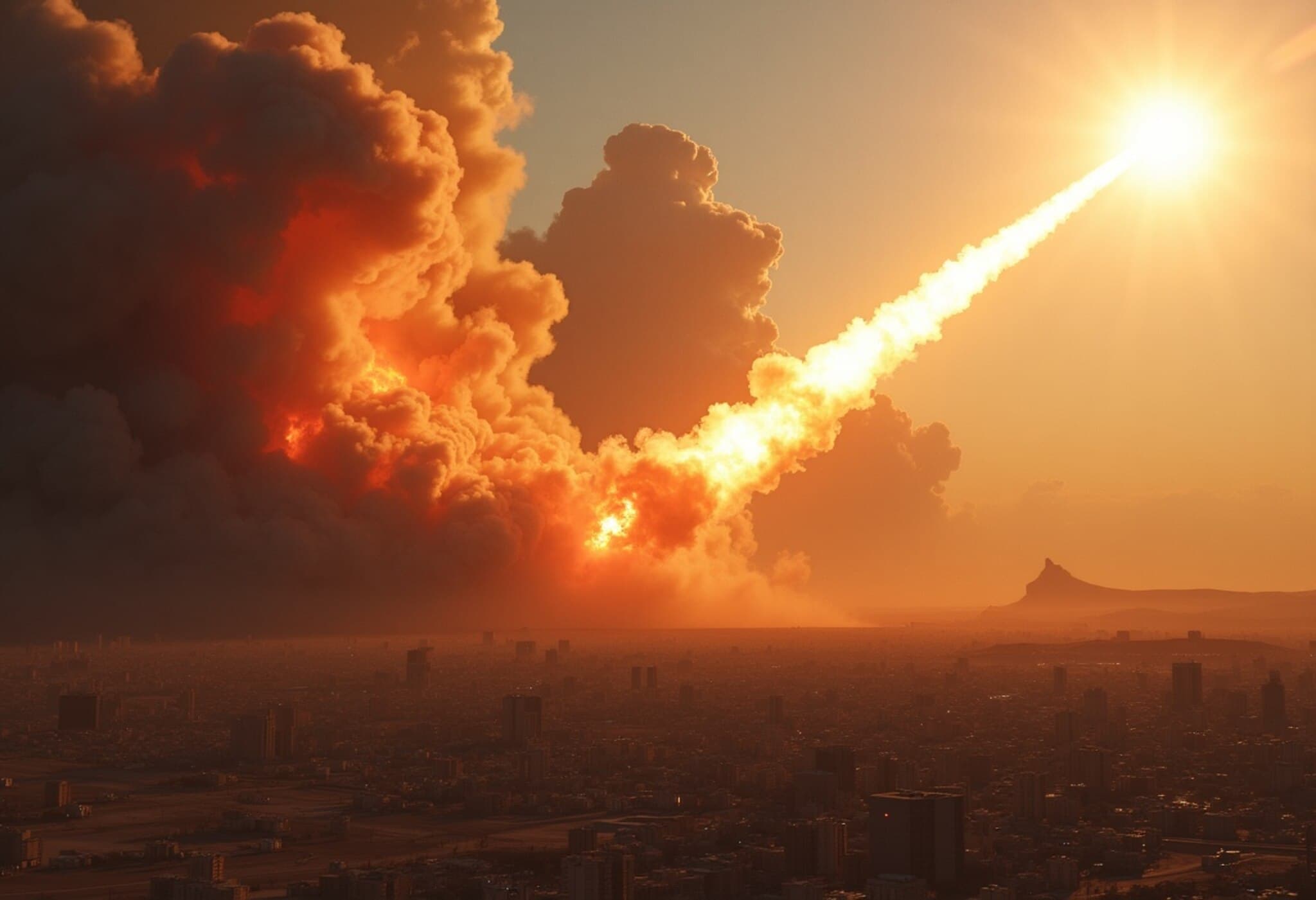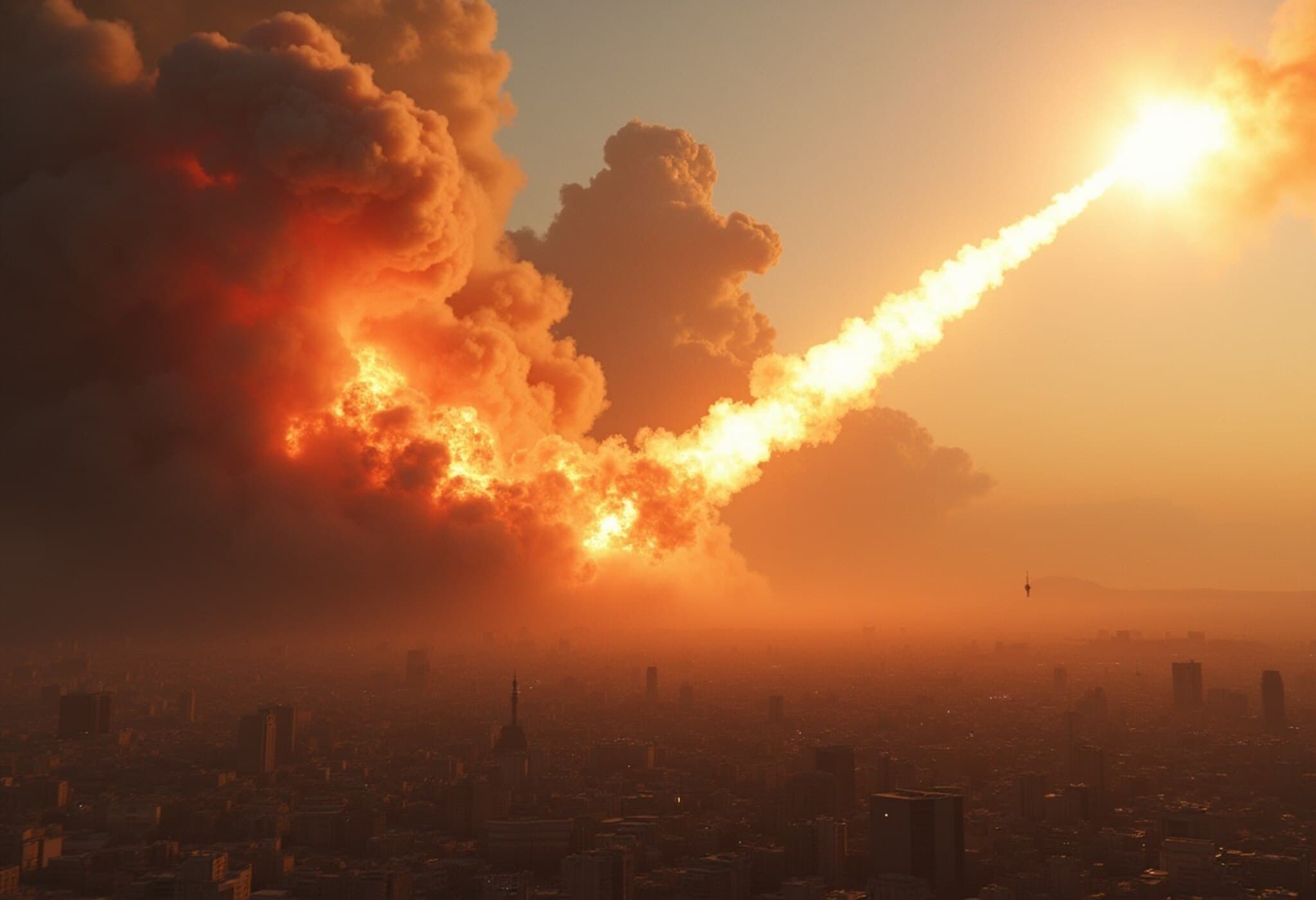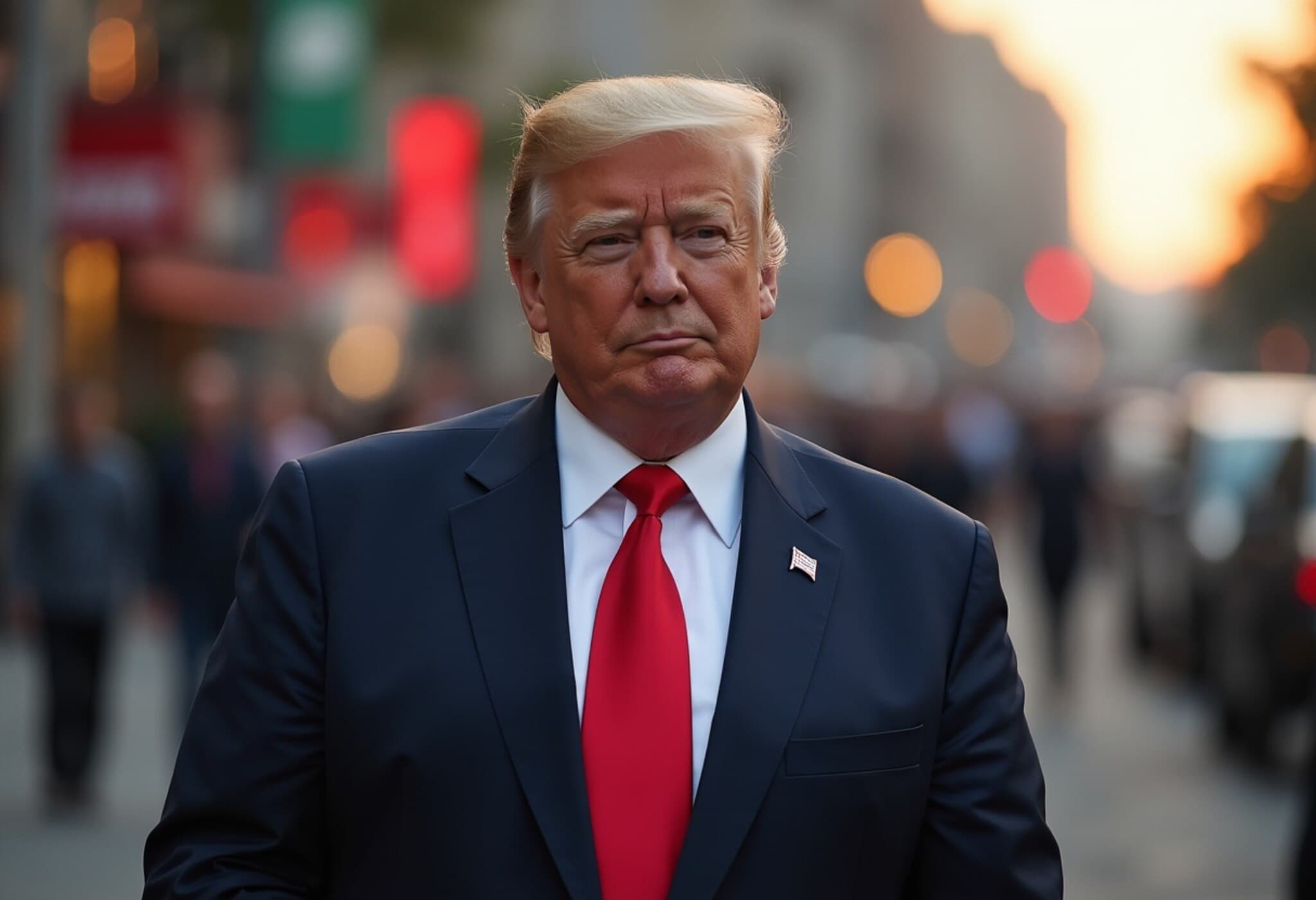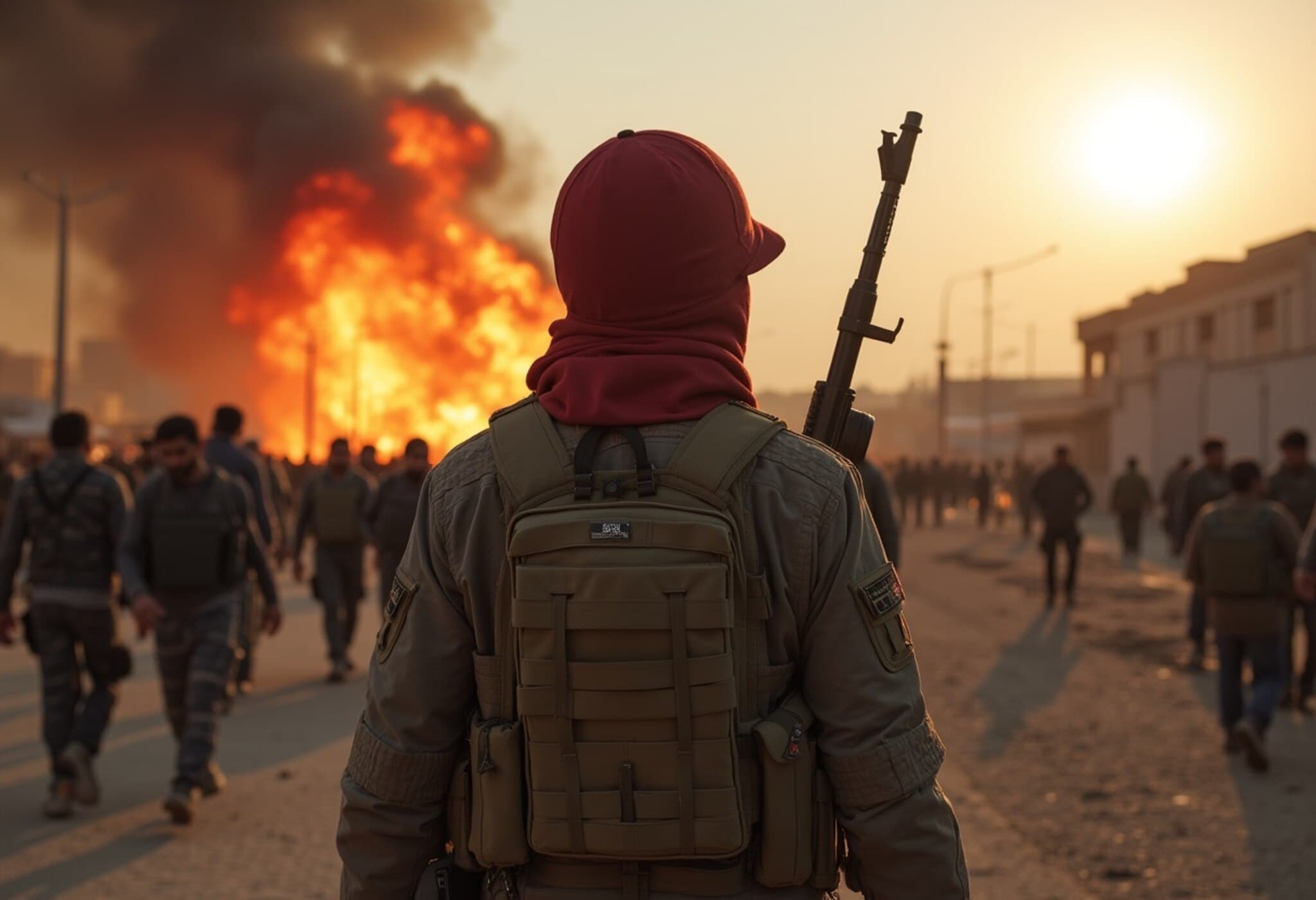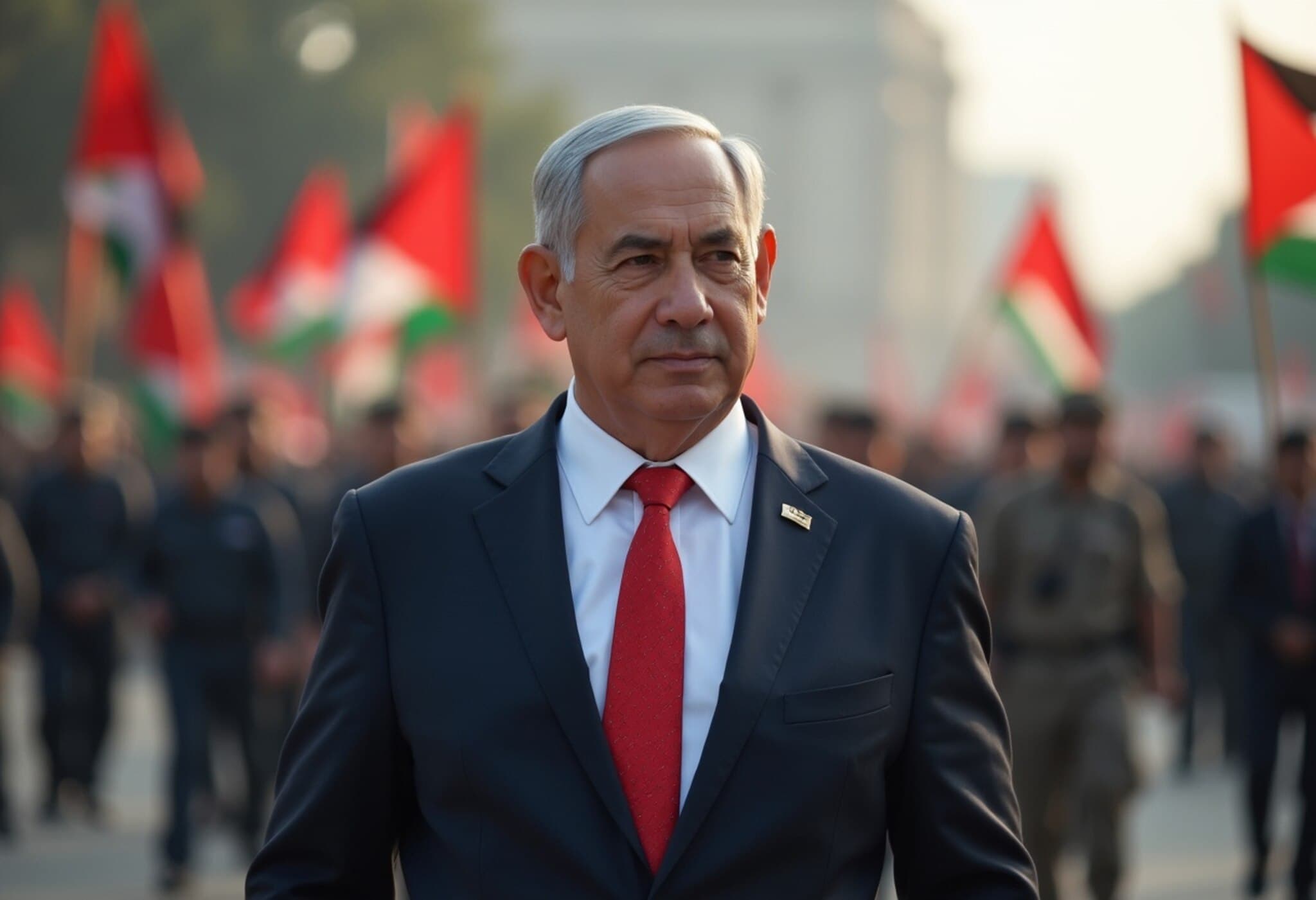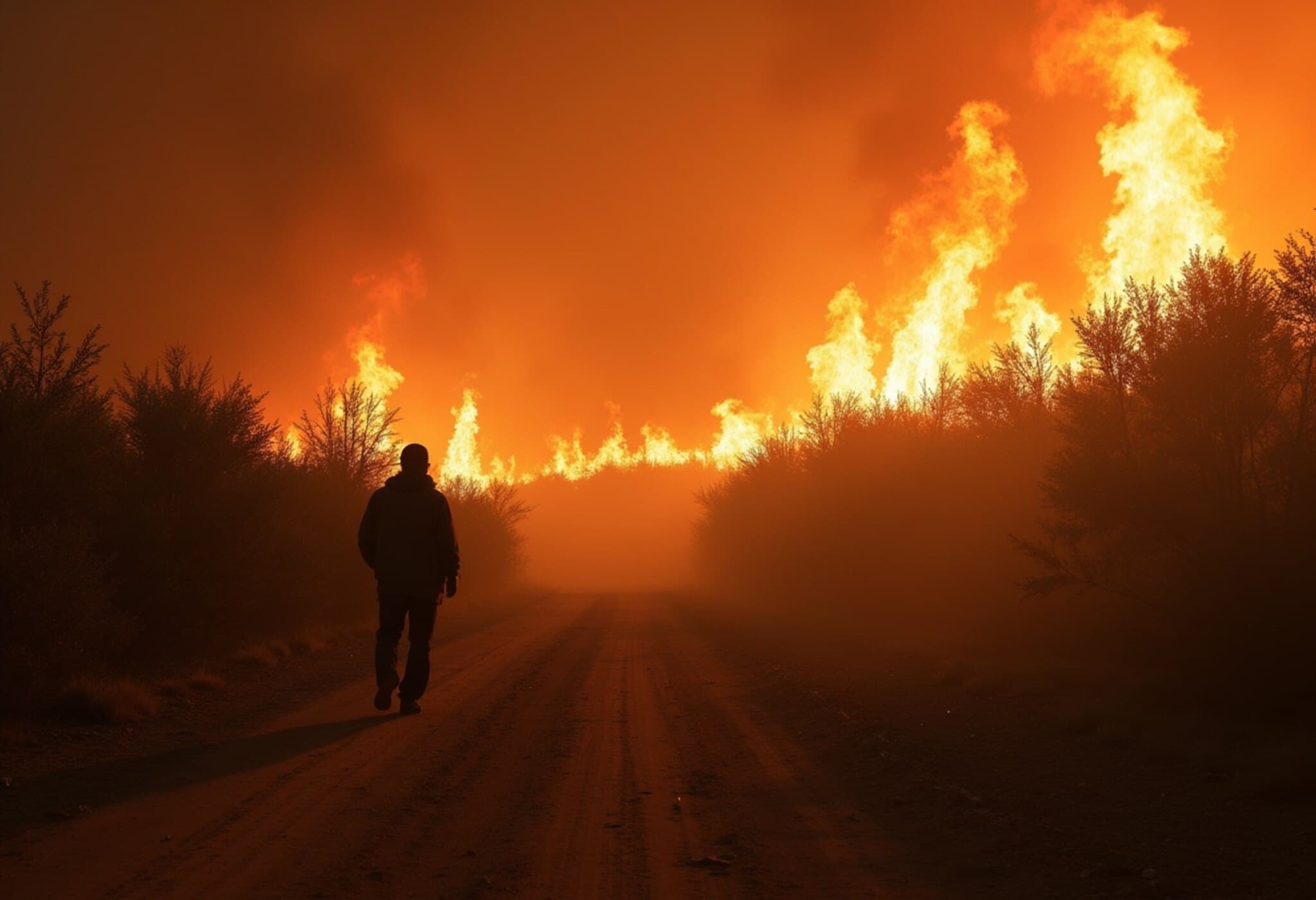Hamas Reviews US-Backed 60-Day Ceasefire Plan in Gaza
Hamas leaders are currently deliberating a US-proposed 60-day ceasefire in Gaza, which US President Donald Trump recently referred to as a "final proposal". The group’s decision could arrive within hours, sources close to Hamas reveal. Much hinges on the guarantees and clarifications made by intermediaries facilitating the negotiations.
Key Hamas Conditions for Ceasefire
Insiders indicate Hamas insists that meaningful peace talks must happen during the proposed truce period. Furthermore, the group expects the ceasefire to be extended as necessary until a comprehensive resolution is reached. Crucially, Hamas demands renewed UN involvement to ensure humanitarian aid—such as the operation of bakeries—is delivered uninterrupted, without Israeli restrictions or leverage.
Israeli and US Perspectives
President Trump announced that Israel has agreed to the necessary conditions for formalizing the ceasefire. However, Israeli Prime Minister Benjamin Netanyahu has yet to publicly respond. His stance remains firm on disarming Hamas—currently holding approximately 20 hostages—a non-negotiable issue according to Israeli statements.
Netanyahu is slated to meet with Trump in Washington soon. As of early Friday (US time), when questioned about Hamas' acceptance, Trump commented, "We are going to know over the next 24 hours." Trump has emphasized his intent to be "very firm" with Netanyahu about the urgency of a ceasefire, underscoring hopes that the truce could be established by next week to facilitate the release of hostages.
Escalating Violence and Human Toll
The Gaza Strip has witnessed intensified hostilities. Health officials report at least 138 Palestinians killed within 24 hours. An airstrike targeted a tent camp in Khan Younis, killing 15 displaced individuals. The Israeli military claims to have eliminated militants, dismantled Hamas outposts, and struck over 100 locations across Gaza recently, focusing on military infrastructure.
Funerals for the victims underscored the human cost of the conflict. Thirteen-year-old Mayar Al Farr tearfully recounted how her brother Mahmoud was fatally shot while seeking aid essential for his family. Another grieving relative, Adlar Mouamar, implored the international community to prioritize peace over food aid, stating, "We want them to stop this war."
Public Outcry and Hostage Families' Demand
In Tel Aviv, family members of hostages protested outside the US Embassy during Independence Day, placing 50 empty chairs symbolizing those still held captive in Gaza. They called on Trump to finalize a deal securing the hostages' safe return.
Gideon Rosenberg, clad in a shirt depicting one of the hostages, expressed the collective plea: "Only you can make the deal. We want one beautiful hostage deal." Among the hostages is Avinatan Or, abducted during a festival attack in October 2023.
Ruby Chen, father of Itay—an American-Israeli soldier believed killed in captivity—urged decisive action upon Netanyahu's meeting with Trump, hoping this Independence Day marks the start of lasting peace and humane treatment of all affected.
Wider Conflict Context
The war, initially sparked by Hamas attacks in October 2023 that claimed over 1,200 lives, has ballooned into a devastating conflict. Israel’s ongoing military campaign against Hamas-controlled Gaza has resulted in widespread displacement of over two million residents and severe humanitarian crises.
Tragically, the death toll among Palestinians now exceeds 57,000, mostly civilians, according to local health sources. The stakes remain high, with both sides facing growing pressure to find a diplomatic resolution amidst the relentless violence.

